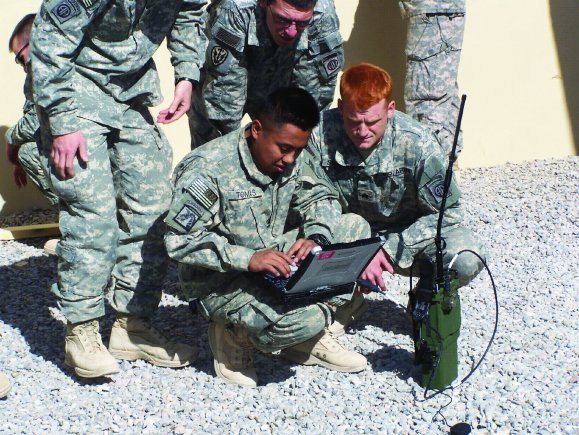The US House of Representatives on Wednesday overwhelmingly approved legislation to make it easier for people with a concealed firearm permit in one state to take their weapon to another.
The Republican-held chamber voted 272-154 for the measure, which drew some Democratic support but faces an uncertain future in the Senate.
The bill would allow people with a permit to carry a concealed firearm in one state to do so in other states that allow concealed firearms and do not restrict non-residents from bearing them.
Only Illinois and the US capital Washington do not allow concealed firearms.
The White House has not formally taken a position on the bill, which touches on a historically volatile issue even as the campaign to the November 2012 elections has heated up.
Republican Representative Trent Franks, a supporter of the measure, said in a recent USA Today column that it would treat concealed firearm permits “much like driver’s licenses,” which are accepted in all 50 states despite variations in driving tests.
But “driving is far more regulated,” requiring licensed drivers and registered vehicles that must in most cases be insured, said Brian Malte, who tracks federal legislation for the Brady Campaign to Prevent Gun Violence.
Malte told AFP by telephone that the measure “tramples states’ rights to determine who they allow or want to carry concealed handguns” by setting requirements such as live-fire training or criminal background checks.
He cited Utah, where “you don’t even have to be a resident to get a permit, you can get it through the mail without ever having set foot in the state” and noted that nearby Nevada and New Mexico rescinded reciprocal agreements with their neighbor in 2010 because of its permissive standards.
“Under this law, Congress would be saying, in effect, ‘too bad, you have to accept their (Utah’s) permits,'” he said.











